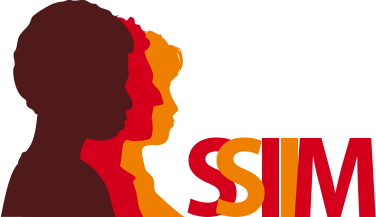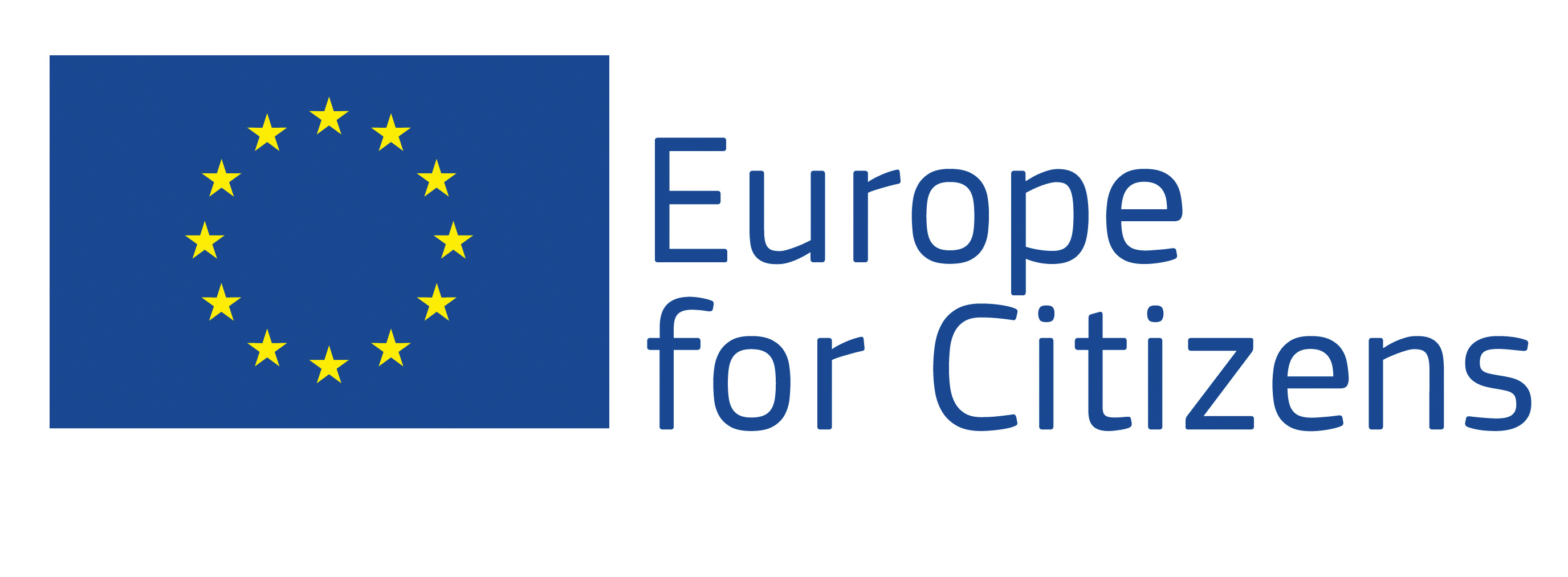
SHORT DESCRIPTION
In today’s Europe we are reaching alarming levels of urban fragmentation, inequality and structural socio-spatial divisions within our cities, feeding extremism and radicalisation. Most vulnerable people are often bound to concentrate in disadvantaged areas where social exclusion and deprivation usually overlap with multi-ethnicity, which further challenges social cohesion. Increasingly marginalized and stigmatised, these areas and their inhabitants are pushed into a vicious circle of poverty. In this context, and through a bottom-up approach to raise local awareness on the urgent need to establish new connections among inhabitants of marginalized neighbourhoods and those of central areas, URGENT Project aimed at tackling the growing fear of immigration, which feeds euroscepticist attitudes.
OBJECTIVES
The main objectives of this project are:
- to create spaces of discussion and mutual learning among citizens from different socio-cultural backgrounds and from different countries of Europe;
- to foster active citizenship and co-creation of policies and services in local societies, particularly for citizens who are often excluded from the decision-making processes;
- to enhance the capacity of local institutions to be “multipliers” in their own communities in order to engage a wide range of stakeholders;
- to provide a new impetus to the EU enlargement process, contributing to the establishment of a long-lasting thematic network of cities that are strongly active and committed as key players in Europe.
ACTIVITIES AND METHODOLOGY
The Project was articulated into a set of interlinked activities. Four international events were held throughout the 24 months. After each event, local paths took place in all the targeted countries in cities selected by the partners for the complexity of their hyper diverse neighbourhoods. They developed and follow up the topics and approaches discussed during the international events. In this way, the information and the methodologies shared among the cities involved were transferred from the european level to the local level, where they were deepened, elaborated and adapted to each local context. The results of each local path were then reported to the following international event and shared with the other partners. This approach allowed to bridge the local and the european level, building cooperation in a bottom up way but at the same time constructing a european network by using a common frame.
download here >> LIST AND DESCRIPTION OF ALL THE ACTIVITIES CARRIED OUT
PARTNERS
- ALDA – the European Association for Local Democracy, Strasbourg, France (Lead partner)
- SSIIM Unesco Chair, Università IUAV di Venezia, Venice, Italy (technical partner, scientific supervision)
- Local Democracy Agency Mostar, Mostar, Bosnia and Herzegovina
- Association of Albanian Municipalities, Albania
- SPES – Associazione Promozione e Solidarietà, Roma, Italy
- Local Councils’ Association, Marsa, Malta
- Fundación Privada Indera, Barcelona, Spain
- Municipality of Kumanovo, Kumanovo, Republic of Macedonia
- European Grouping of Territorial Cooperation Amphictyony, Athens, Greece
- Kallipolis, Trieste, Italy
- Rede DLBC Lisboa, Lisbon, Portugal
- City of Strasbourg, Strasbourg, France
- Municipality of Novo Mesto
TIMESPAN
24 months (01.09.2016 – 31.08.2018)
FUNDING
European Commission – Education, Audiovisual and Communication Executive Agency (EACEA)
Europe for Citizens Program – Strand 2: Democratic engagement and civic participation – Measure 2.2: Network of Towns

